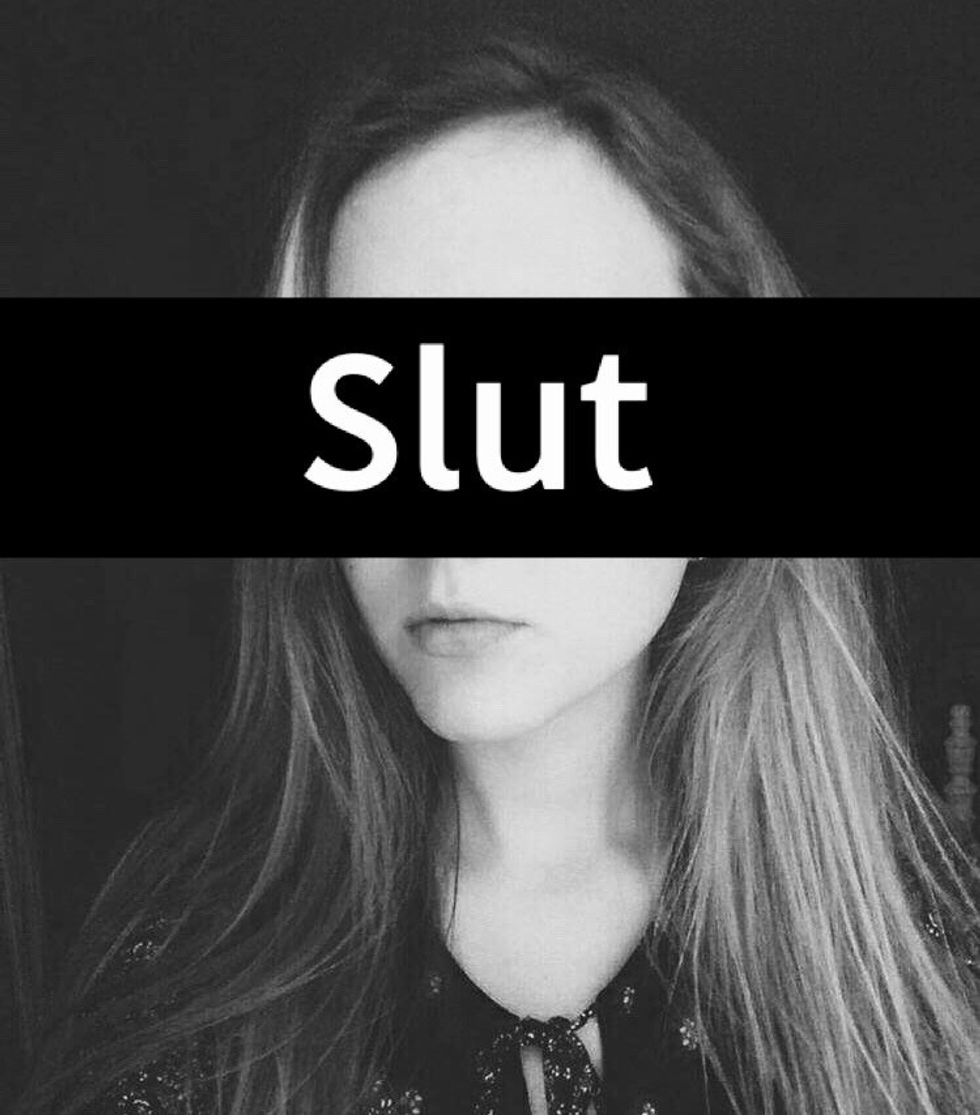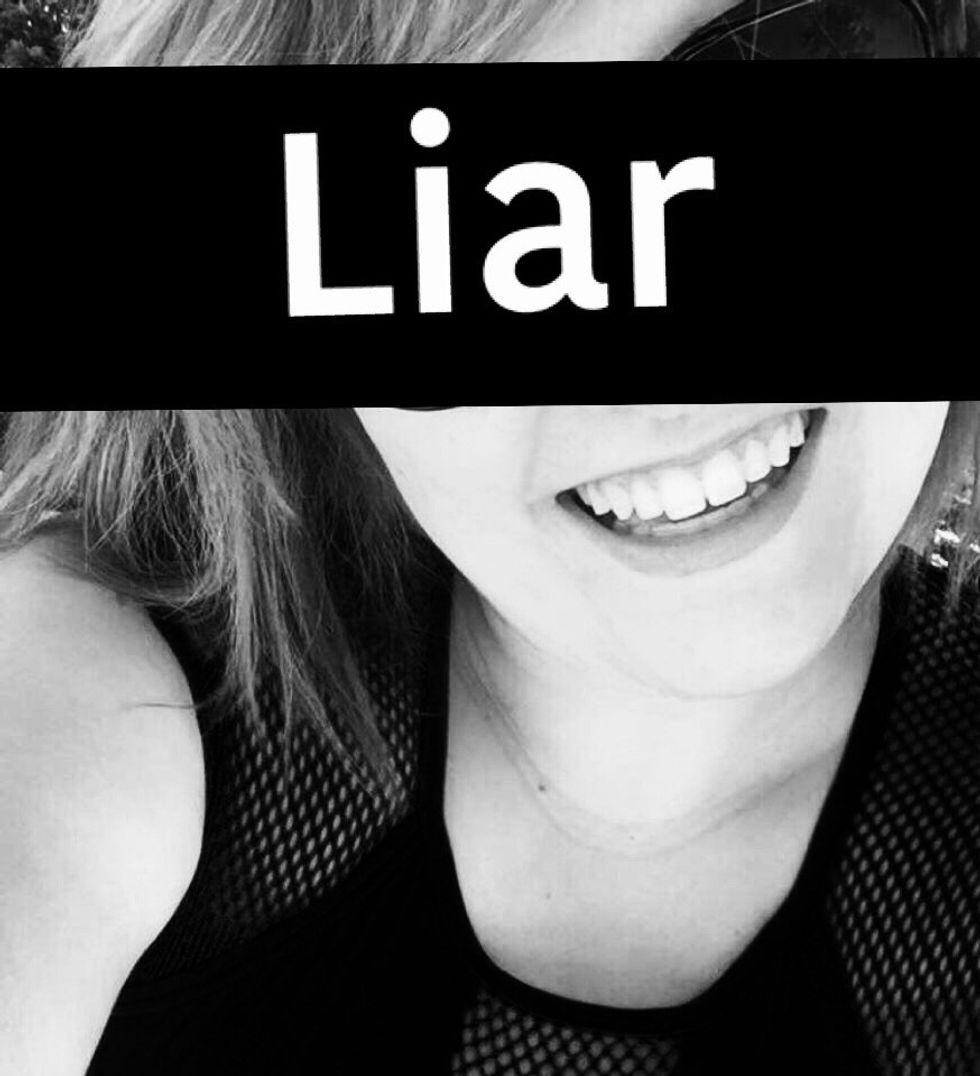In a society controlled by social media and outward appearance, it's easier than ever to make snap judgements and paint others in whatever light we choose, even if that light is false. Fearing this judgement, many of us desperately try to fit into a mold, and whether that mold fits who we are or not doesn't seem to matter.
People, specifically adolescents and teens, feel a natural desire to fit in and be accepted by their peers. The social hierarchy system that naturally presents itself in high schools and even workplaces across America leaves little room for error in self presentation.
We've all been hurt by words at some point in our lives and unfortunately, it is more than likely to happen again. This week I reached out to a few friends to find out the worst insult they've ever been called, and how that made them feel.
"It made me feel terrible. I was actually being compared to the largest animal in the world." ~ LG,18
I started becoming over aware of everything I was doing and my surroundings. It ate me up inside. My days were miserable and It felt terrible believing i was a nuisance." ~ SL, 17

"I felt like my ability to be confident and in charge was undermined by the fact that girls aren't, stereotypically, supposed to be those things. It made me question why I was doing things that made me happy." ~ ST, 18
When people hurled these insults, it is more than likely that none of them realized those words would stick to these young women for the rest of their lives. It's mind boggling how one small word can change the way we see ourselves forever.
These insults do not only effect our emotions. In recent years, The American Journal of Physciatry has run a study for 18-25 young adults to study the effect of damaging words on the brain.
The results revealed that those who experienced verbal abuse from their middle school peers, had underdeveloped left and right sides of the brain. The test also showed that this group of individuals had heightened levels of anxiety, depression, anger, hostility, dissociation, and drug abuse than those who did not report verbal abuse.
As kids we all learned "sticks and stones may break [our] bones but words will never hurt [us]." As older kids, we learned even quicker that this is almost never true.
"Be careful what you say. You can say something in ten seconds, but in ten years the wounds are still there." ~ Joel Osteen
Stay Golden, Kayla

























